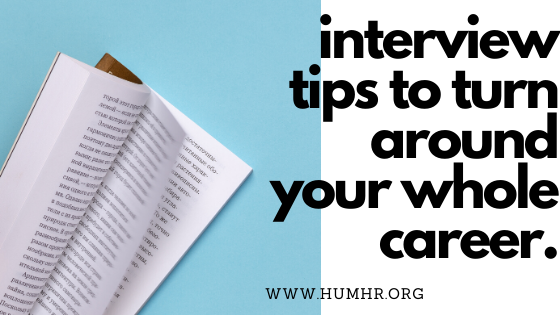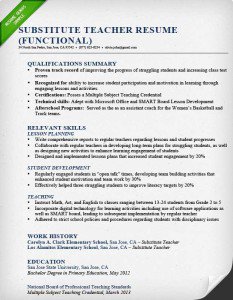The news arrives, you have been shortlisted for interviews. It a great feeling. You were really nervous, but it all worked out.
The CV writing tips we gave you lived up to their expectations and passed the 5 second test, granting you an interview.
Firstly, congratulations on getting to this stage!
The interview is an extremely important part of the journey to securing your new job as your prospective employer will use your presentation to decide “yay” or “nay”.
Today I want to talk about how to do well in an interview. So, here are a few tips you can use to make sure that you stand out from that competition.
Pre-Interview
Prepare, prepare, prepare. I cannot emphasize this enough.
Research
Do a lot of research on the organization. You should scour the internet to get any information you can arm yourself with (programs, financial status , thematic areas and geographical location of the work the org does).
Reach out to your professional network and see if there is anyone with “inside scoops”.

Review any public information like websites and relevant articles.
Interviewers like to see that you were interested enough to look up the organisation so this will be a feather in your cap if you can show some of this knowledge.
Be very familiar with the job description so that you are able to match your skills/qualifications to the requirements of the job.

Review your CV
Be able to talk about your key skills. Identify some success stories in your CV that you can refer to during the interview.

Make sure you identify examples that can show your suitability for the position and for the organization and be able to talk about these success stories in the SAR method (Situation-Action-Result).
Do some mock interview sessions
Ask someone to interview you and practise your responses to some of the standard interview questions like;
- Tell us about yourself?
- Why are you the most suitable candidate for the position?
- What are your strengths and weaknesses?

I will go through some of these questions and tips on how to answer them during my next discussion.
Do a dress rehearsal
Make sure your outfit is suitable and still fits. (What to wear and when is an important topic we will discuss at another time.)
If you are having a Skype or phone interview make sure you plan to have a good internet connection and that all your devices are working and charged.
You don’t want your phone battery dying during that important call.

If you have a face to face interview make sure the logistics are well planned in advance… you know how to get there and you have reliable transport.
During the Interview
You will not have another chance to make a first impression so your presentation is very important . If you have prepared you will do well!. Remember you are presenting your brand. Be confident .
Make sure you are on time
Being late for your interview is not a “good look” and gives the impression that you are disorganised and maybe are not very good at managing your time. You would rather be early …

Listen carefully
Do this to answer the question you were asked. Keep your responses short and do not ramble.

Ask the interviewers specific questions
This will give you an idea of the work environment and the job.
- What do you like most about working here?
- Is this a new position or a replacement?

This is a two-way conversation because you also want to know if this is the kind of organisation you can be happy working for.
Always ask the interviewer about the next steps.

Post Interview
You can continue to make an impression after the interview
Don’t forget to send a ” Thank you ” note to the interviewer(s) reiterating your interest in the position and highlighting once again why you are the best candidate.

You can also reiterate some of the highlights of the interview and you can use the note to mention anything critical you may have omitted to mention in the interview.
Feedback loop
In the end, you should also do a post-mortem of the interview and give yourself honest feedback on what you did well and what you can do better next time.
Keep the job search going and keep going until you get that job offer.
Interview sessions are available in our Gold package. Email batje@humhr.org with enquiries.










